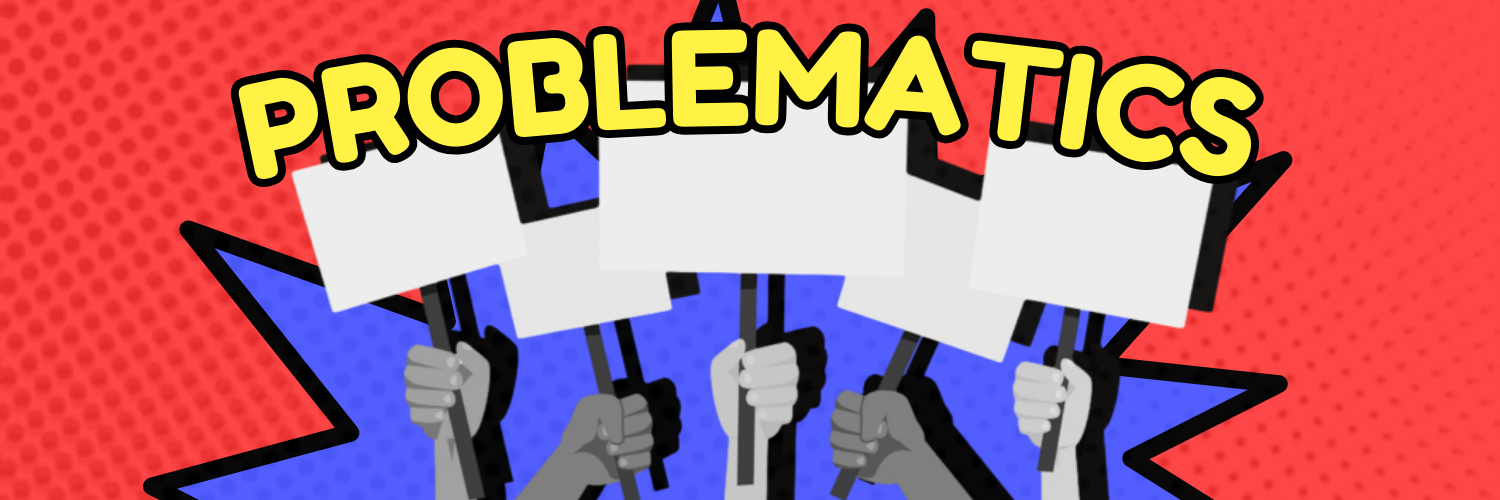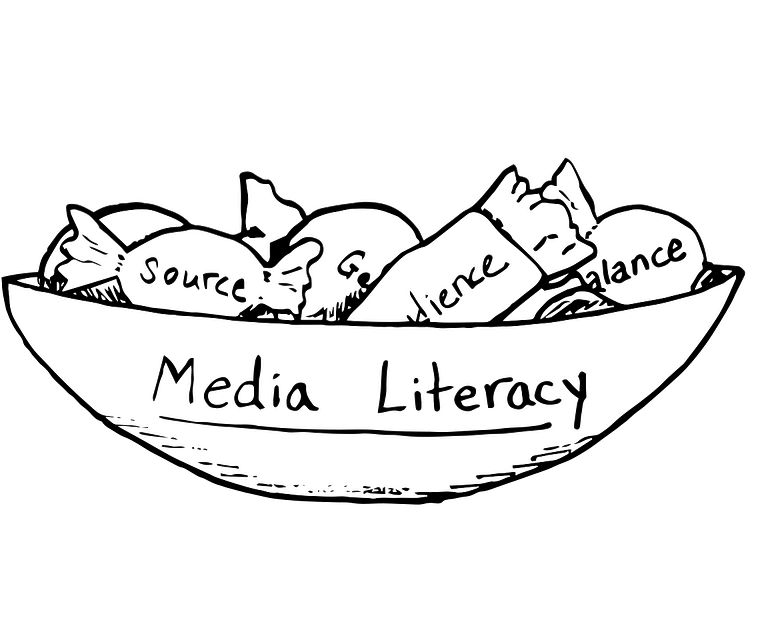Dropping Our Literacy
/Does one look at a social media comment section have you wondering if we’re becoming illiterate? You’re not alone. In a world full of fake news, rage bait, and endless adverts, it’s easy to feel like you’re the only one thinking. But the truth is, it’s not that bad. Yet.
Before we get into that, let’s talk about what “literacy” actually means.
Literacy?
Image by tiday on pIXABAY
When we think “literacy”, we think reading and writing. It does mean that. But being workably literate includes having number and critical thinking skills too. That’s because people need all these basic skills to live well. Without them, they will struggle with important life things like managing money, making decisions, and getting jobs.
There are different levels of literacy too. It’s not just literate or illiterate. Literacy has 5 levels, with 1 being lowest and 5 the highest. At level 1, a person can read basic sentences, add and subtract small numbers, and follow simple directions. Level 3 is enough literacy to pass high school. At level 3, a person can read and understand normal books, solve number problems, and find useful answers in textbooks. Level 3 is considered workably literate.
Currently only 37% of Canadians are at level 3. 14% are at level 4 or 5. That means 49% are not fully literate. Oof.
Why are Canadian’s illiterate?
Well, we aren’t. We’re actually above the global average in all the types of literacy we just discussed. Low literacy is just a global problem. One that isn’t getting better. Literacy rates are either dropping or staying the same, which feels odd in a time of “information overload”.
Shouldn’t we be improving? It’s never been easier to learn. We’re reading and writing all day, every day. Well, that might be the problem. Having so much access is kind of bad for us. Let’s explore why.
Culprit 1: Technology
Spell-checker is world changing invention. We all used to own fat dictionaries so we could check our spelling. Now most websites give us a wiggly red line. One click and it’s fixed. Our phones don’t even tell us we got it wrong, autocorrect just changes it for us. This a great time saver, but it robs us of the chance to learn. Taking the time to correct ourselves makes us less likely to make the same mistake again.
AI creates a whole new problem. With spell-checkers, we still had to write something ourselves. Now we can send a little prompt to ChatGPT and it’ll plan or write an essay for us. Some sites even have sparkly buttons that will “enhance” your writing with AI instantly. But it doesn’t teach us how to do what the AI did. It just makes us dependant.
Culprit 2: Fast Facts
Reading books isn’t popular. In 2023, 51% of American adults hadn’t read a whole book for a year. Instead, information has moved to faster, easier to digest forms. TV shows, short-form content, and video documentaries have replaced books. Why spend hours reading when you can watch 30-minute video instead? Why read a recipe when you can watch a TikTok tutorial? It’s more efficient.
This is hard to compete with. However, visual teaching doesn’t improve or maintain our literacy skills. It’s a way around the problem. We end up relying on information being told to us. It’s why workplaces favour using information videos instead of training manuals.
Culprit 3: Know it all
Calling back to information overload, let’s not overlook how much information we have access to. Thousands of videos, blogs, articles, and posts go up every day. Just like this one! All of them are saying something, and many are contradictory. How do we know which ones are true? We don’t have time to fact-check everything!
This makes us passive learners. We take things in without thinking about it. This lowers our ability to think critically and can fill our brain with things we don’t need. Over time, this results in a loss in ability to think for ourselves.
Are we doomed?
No, but as you can see, literacy is weakened by convenience. If we rely on easier options for information, we aren’t using our literacy skills. However, keeping our skills is a choice. We don’t have to lose them. Instead, we can take control and promote literacy for ourselves and for others.
Hannah Staniforth is a second-year Professional Writing student at Algonquin College in Ottawa, Ontario. She combines her previous experiences in Social Sciences with her writing to explore social themes with her readers. Hannah’s recent works emphasize the importance of positive thinking, gentle self-development, and reclaiming your personal time in a demanding world.




